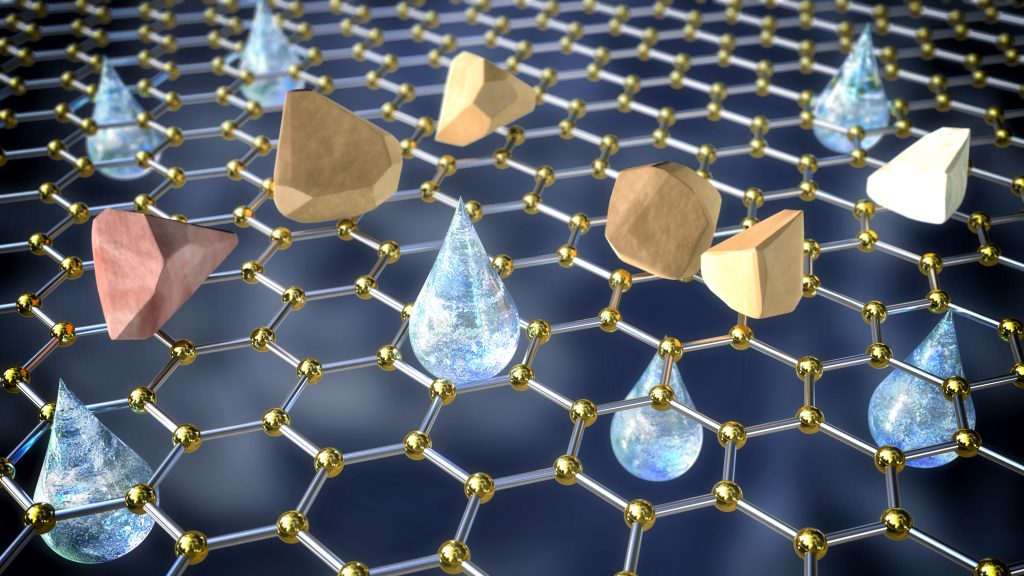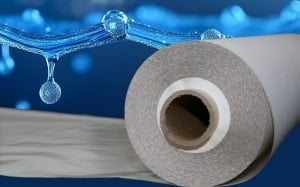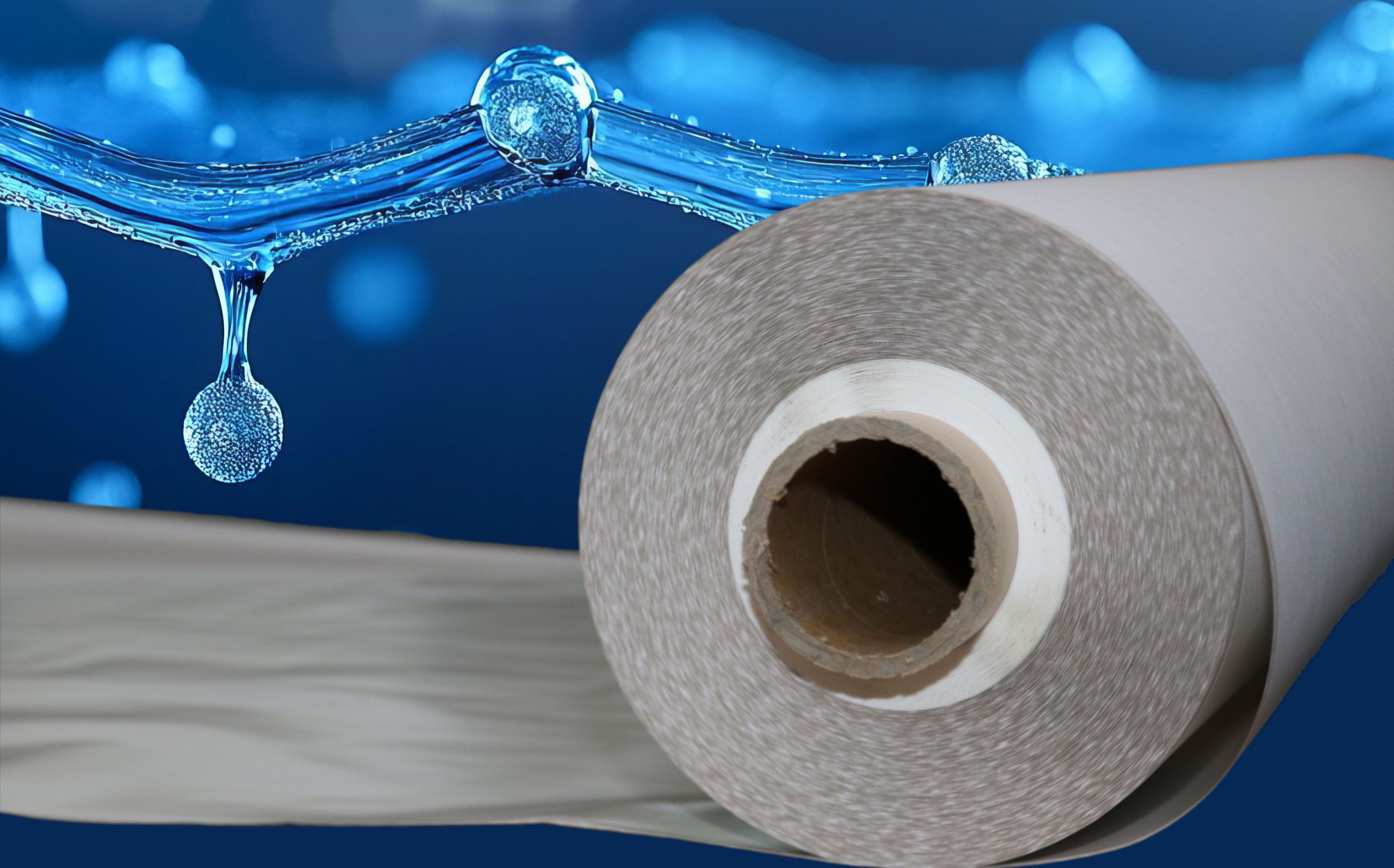Redefining Water Filtration with Clean TeQ’s Graphene Membranes
14 October 2024
Are you excited by the concept of an anti-fouling water filtration membrane?
We are!
Our Graphene Membranes are revolutionising water filtration technology. The ultra-thin layers of graphene oxide act as an ultra-tight ultrafilter, with a nominal molecular weight cutoff of 800 Daltons, allowing clean water to pass through while blocking harmful contaminants like natural organic matter (NOM), bacteria, and viruses.

Ultra-thin layers of graphene oxide allow clean water to pass through while blocking harmful contaminants like natural organic matter (NOM), bacteria, and viruses.
They are not designed for desalination yet (yes, we get asked that a lot!). Instead, they are specifically engineered to remove larger contaminants, such as bacteria, viruses, and dissolved organic matter, without affecting dissolved salts in the water.
Originally produced through NematiQ, our subsidiary company, Graphene Membranes are now part of Clean TeQ’s suite of water treatment technology, strengthening our end-to-end water treatment solutions. We’ve already achieved several key milestones—such as the successful commercial-scale production of over 1,000 meters of flat sheet graphene membranes. More recently, an independent manufacturing run confirmed that our standard operating procedures can be applied by other manufacturers, proving the scalability of this technology.
Additionally, the membranes have earned WaterMark certification in Australia, a critical endorsement confirming their safety and effectiveness for drinking water filtration. This makes them the first graphene oxide membranes to receive such recognition in the water treatment field.

Our Graphene Membranes are WaterMark certified in Australia.
Looking ahead, we’re exploring further generations of Graphene Membranes to diversify the product range into RO and NF applications where initial results are showing enhanced performance. Our next step with Graphene Membranes is to expand the technology into global markets through manufacturing and sales partnerships. We are in discussion with companies looking to increase their range of membranes, who see the enormous potential that graphene coated membranes can provide.
If this sounds like you, let us know. We’d love to hear from you.
For now, let’s dive into some of the frequently asked questions we receive about the ultra-tight Graphene Membrane technology.
”How do these Graphene Membranes differ from traditional membranes?
Graphene membranes differ from traditional filtration membranes in several key ways:
- Material Composition: Layers of graphene oxide create a thinner and stronger filtration structure compared to traditional polymer-based membranes.
- Filtration Efficiency: With a molecular cutoff of 800 Daltons, Graphene Membranes are highly effective at filtering larger organic molecules and microorganisms while allowing dissolved salts to pass through.
- Energy Requirements: Operating at lower pressures (2 – 6 bar), Graphene Membranes consume less energy than reverse osmosis (RO) and nanofiltration (NF) systems, which require higher pressures.
- Fouling Resistance: Due to the antifouling properties of graphene, these membranes require less maintenance and experience less buildup of contaminants compared to traditional membranes.
- Waste Production: Unlike RO and NF membranes, Graphene Membranes do not produce a brine byproduct, simplifying waste management.
- Chemical Resistance: resistant to a wide pH range and chlorine.
”What applications are Graphene Membranes suitable for? And what are they not suitable for?
Suitable Applications:
- Drinking Water Treatment: Effective for removing NOM, bacteria, viruses, and other organic contaminants.
- Industrial Wastewater: Useful for treating complex waste streams in industries like agriculture, food & beverage, textiles, sewage treatment, cosmetics, pharmaceuticals, and advanced materials.
- Surface and Groundwater Treatment: Ideal for reducing turbidity, colour, and organic compounds in lakes, rivers, and groundwater.
- Pretreatment for Reverse Osmosis: Helps reduce biofouling in RO systems, improving efficiency in desalination applications.
- Pretreatment for Direct Lithium Extraction (DLE): Helps to reduce fouling in DLE systems extracting lithium from brine and bioactive separations.
Not Suitable For:
- Desalination: Graphene Membranes are not designed to remove dissolved salts.
- Heavy Metal Removal: Not suitable for direct removal of heavy metals.
- Solids: Tolerates solids to some degree but is not a particulate filter.
Get in touch
Interested in Graphene Membranes for your project?
